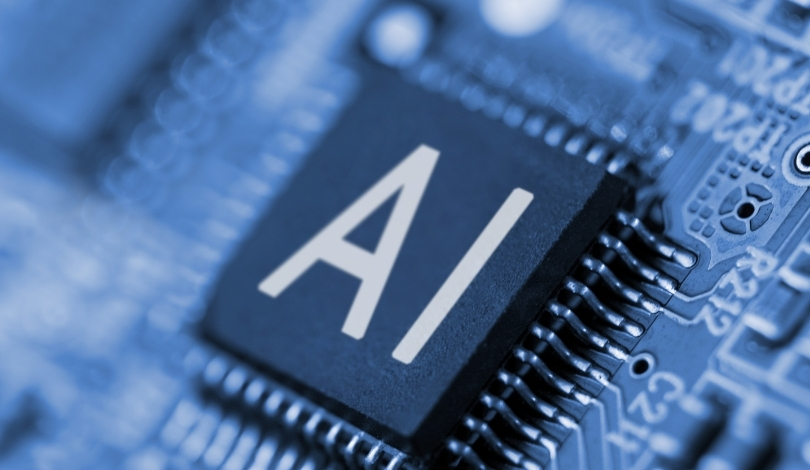A wave of major investment has rapidly pushed up the valuation of Cognition AI, a San Francisco-based artificial intelligence startup well known for Devin, its software engineering platform. In less than a year since its previous funding milestone, Cognition AI announced a fresh $400 million round, taking its overall valuation to $10.2 billion. This influx reflects mounting interest among both established technology companies and financial investors in the potential of AI-enabled development tools for enterprise clients. Multiple financial and strategic partners have joined the latest investment, suggesting that substantial commercial expectations surround the company’s ongoing trajectory.
Recent developments surrounding Cognition AI indicate a much faster pace of progress compared to other AI-focused startups. Earlier reports showed the company at a $4 billion valuation earlier in 2024, highlighting a remarkable leap in market perception. While competitors like OpenAI and Google DeepMind have frequently drawn attention for high-profile acquisitions and partnerships, Cognition’s swift deal to absorb substantial elements of Windsurf stands apart both in speed and in depth of talent and intellectual property integration.
Who Are the Key Backers in Cognition’s Latest Funding?
The newest investment round is led by Founders Fund, the venture firm co-founded by Peter Thiel. Returning backers, including notable angel investor Elad Gil, Lux Capital, 8VC, Neo, Definition Capital, and Swish VC, have also participated. These investors’ repeat involvement demonstrates continued confidence in Cognition AI’s leadership and strategy. The company’s ability to attract diverse stakeholders reflects optimism that advanced AI products like Devin will find wide adoption across sectors.
What Impact Did Windsurf Acquisition Have?
Cognition’s acquisition of Windsurf followed a turbulent period for the software firm, including the exit of major leadership to Google and negotiations with OpenAI that did not materialize. By acquiring Windsurf’s assets—its team, core products, and intellectual property—Cognition broadened its technology base and brought additional expertise into its fold. According to CEO Scott Wu,
“We’ll continue to invest significantly in both Devin and Windsurf, and our customers are already seeing how powerful the combination is together.”
This strategic move has reportedly helped double Cognition’s annual recurring revenue, which now exceeds $146 million, and further diversified its enterprise customer set.
How Are Cognition’s Products Shaping the Market?
Cognition’s flagship product Devin, alongside technology from the Windsurf team, is deployed by clients such as Goldman Sachs, Dell, and Palantir. The company describes an intention to further develop collaborative AI tools tailored for software engineering teams. Jeff Wang, serving as the interim CEO of Windsurf, emphasized the impact of the merger:
“We’re looking forward to enabling engineers [to] manage an army of agents to build technology faster.”
With integration still ongoing, Cognition is positioning itself to serve a growing market for software automation amid heightened interest from large-scale enterprises.
Cognition AI’s recent funding reflects the accelerating interest in enterprise-focused AI automation tools. The swift boost in valuation and revenue growth after integrating Windsurf’s assets signals that technology consolidation often accompanies rapid market ascents in the AI sector. For clients and competitors alike, the case of Cognition reiterates that timely acquisitions can rapidly influence product portfolios and commercial scale, especially in markets that prioritize speed and expertise. For organizations looking to deploy AI in software engineering, the combined capabilities of platforms like Devin and Windsurf offer a template for automation and collaboration, making solutions more scalable and efficient. As strategic investors continue to fund specialized firms in this space, further competition and innovation are expected across enterprise software development. Staying informed about which firms are shaping the next generation of AI tools, and under what commercial models, will be key for industry stakeholders navigating a rapidly changing field.










